15 Classic Science Fiction Novels That Shaped the Future
Discover fifteen classic science fiction books that shaped modern imagination, from early visions of creation to timeless tales of discovery, courage, and the human spirit.
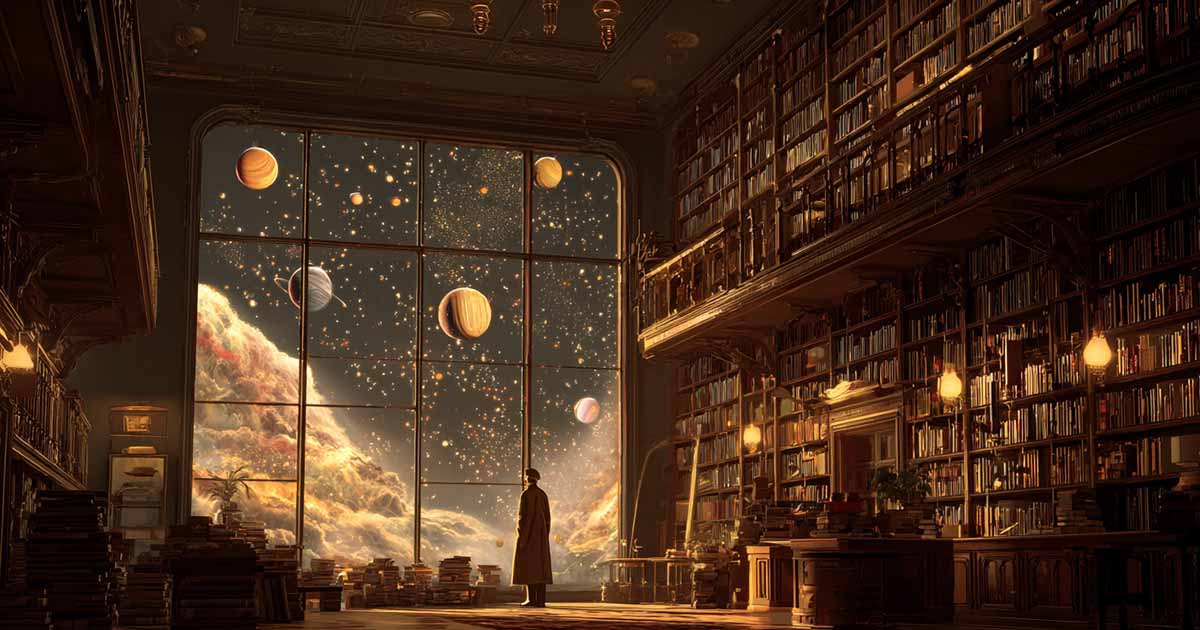
A man who collects and reads classic science fiction is a particular kind of explorer. He searches not for distant lands but for the future, paging through worlds of imagination with the same intensity that others reserve for maps or engines. His library is a record of that exploration, each spine a port of call in a lifelong voyage through time, technology, and human possibility.
He began reading early, long before he understood how completely the genre would shape him. Stories of spaceflight, robots, and lost civilizations gave him not only entertainment but a way of thinking—curious, rational, and hopeful. He reads widely and often, sometimes more than he plans to, always chasing the next idea that might stretch his imagination a little farther.
For him, books are both companions and trophies. Their weight, their smell, and the small details of design matter almost as much as their stories. He keeps them carefully, sometimes sharing one with a friend who will understand. A gifted science fiction book carries more than words. It carries trust, admiration, and the memory of every dream that once began on a printed page.
Frankenstein by Mary Shelley
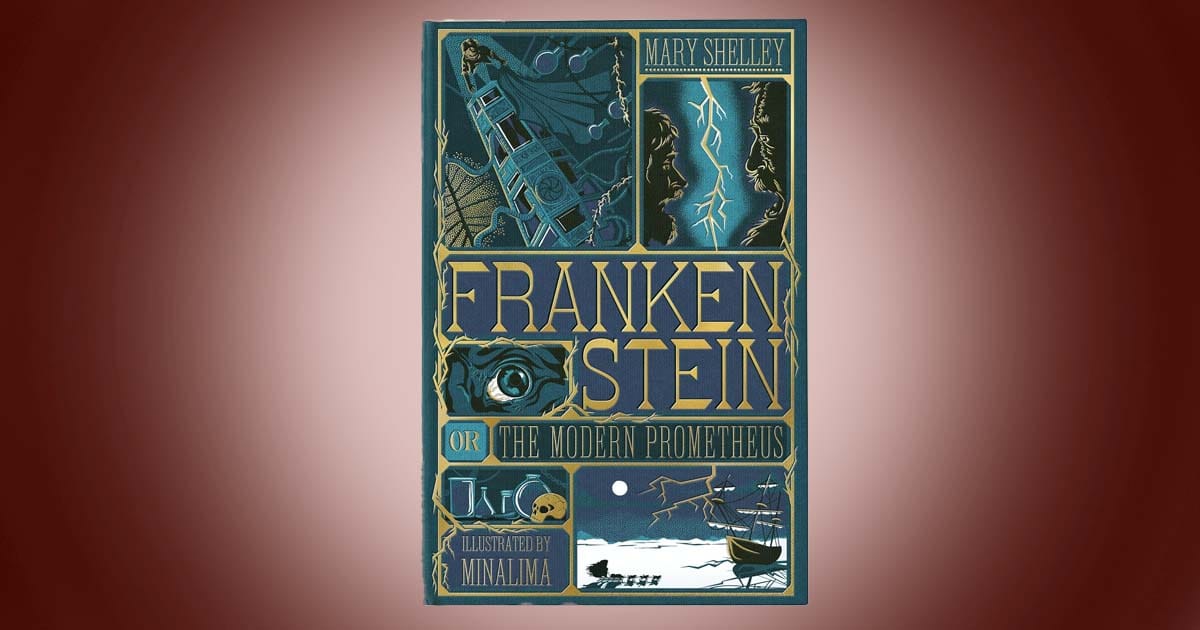
"Frankenstein" remains the point of origin for modern science fiction. Mary Shelley imagined a man who could command life itself, and in doing so, she uncovered the oldest moral question in science—should we do all we can?
The MinaLima edition brings this question to vivid life through intricate artwork and clever interactive design. It reminds the reader that the story's terror lies not in the Creature's form but in the loneliness of creation itself.
The Time Machine by H.G. Wells
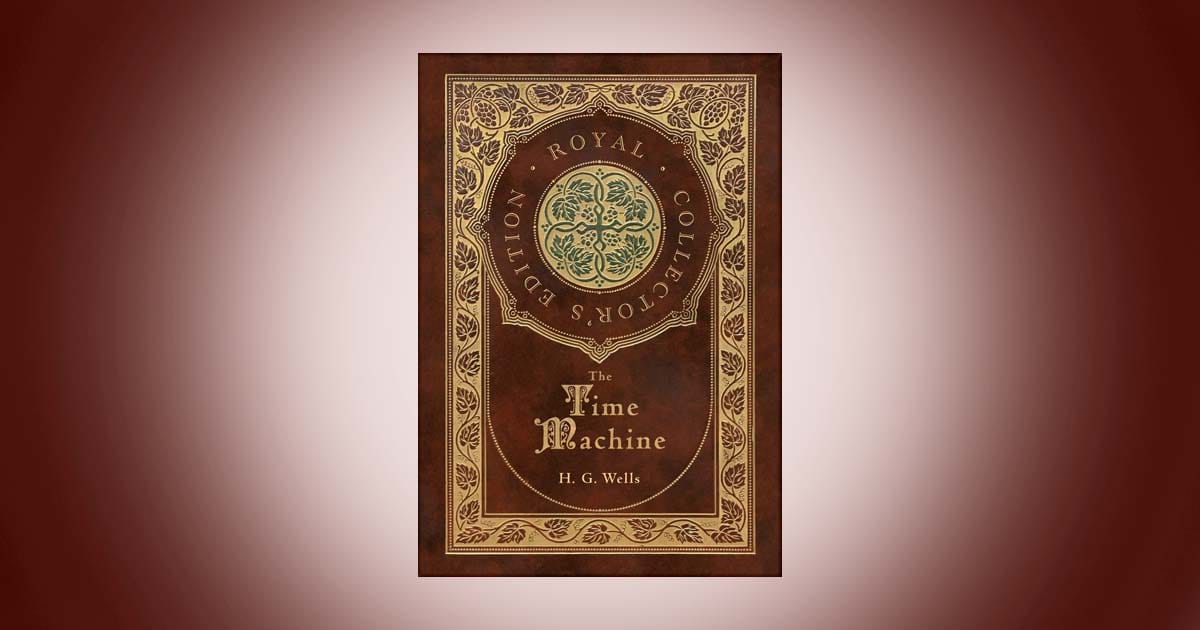
"The Time Machine" turns scientific curiosity into prophecy. H. G. Wells sent his Victorian explorer eight hundred millennia into the future to watch the rise and decay of humanity itself.
The Eloi and Morlocks are less characters than consequences, reflections of human division and complacency carried to their extremes. This handsome Royal Collector's Edition restores the sense of wonder and warning that made Wells the first true futurist of modern fiction.
Brave New World by Aldous Huxley
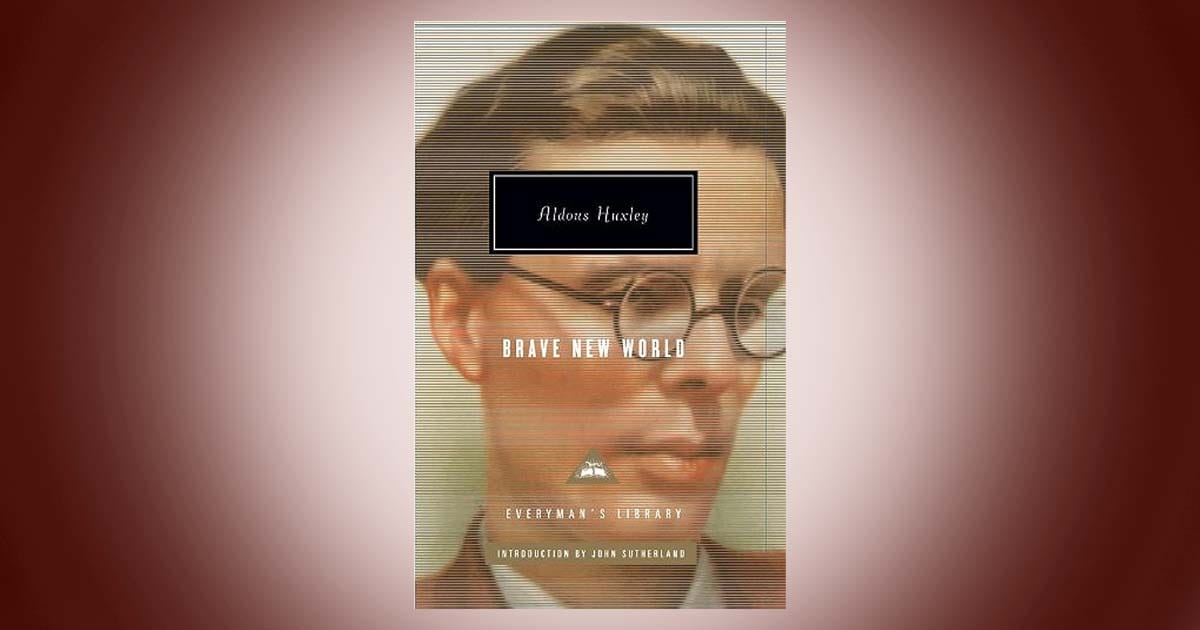
"Brave New World" presents a future where comfort has conquered conscience. Aldous Huxley imagined a world that had mastered biology, chemistry, and psychology, only to lose its soul.
Every citizen is conditioned to be happy, and every problem is solved by pleasure. Against this calm tyranny, one man dares to ask what freedom still means. The novel endures because it reminds us that progress without purpose can become its own prison.
1984 by George Orwell

"1984" is the cold face of the future imagined as control. George Orwell's London is a place where truth bends under pressure and language itself becomes a weapon.
Winston Smith's quiet rebellion begins as memory and ends as tragedy, revealing how fragile individual thought can be when power rewrites reality. This deluxe edition, bound in leatherette with gilt edges, suits a novel that remains both timeless and terrifying.
Foundation Trilogy by Isaac Asimov
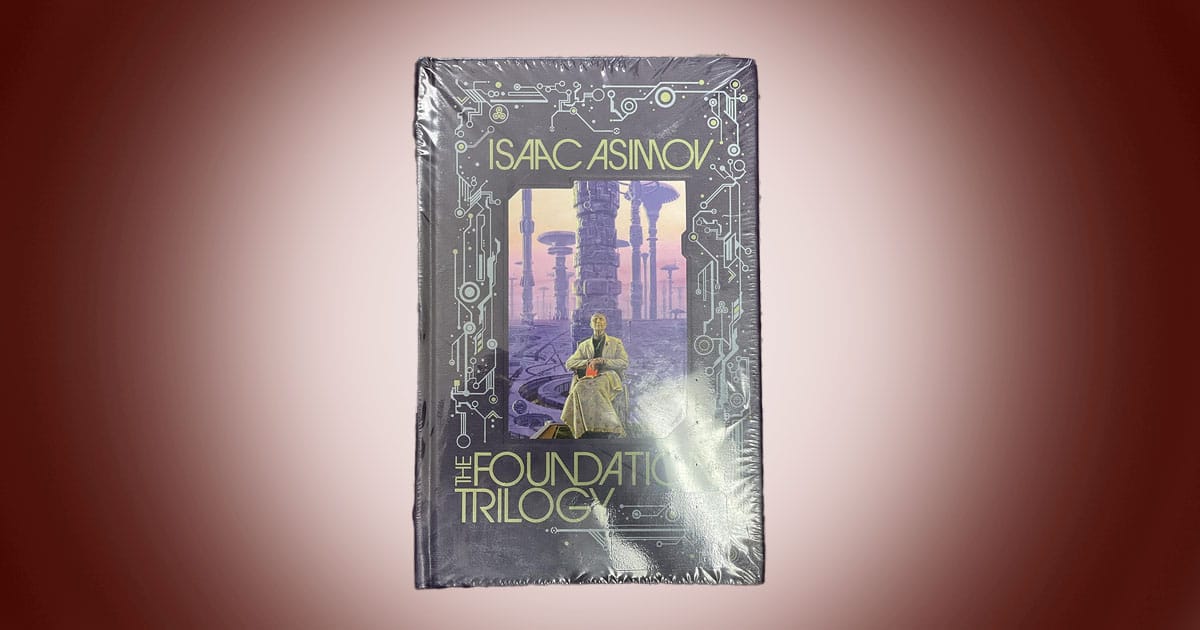
"Foundation" transformed history into mathematics. Isaac Asimov imagined the fall of a Galactic Empire and the quiet work of scholars who sought to preserve reason through prediction.
His idea of psychohistory—an equation for destiny—became one of the great concepts in science fiction. This Easton Press edition, bound in leather and edged in gold, honors the grandeur of Asimov's vision with the craftsmanship of a true collector's treasure.
The Great Dune Trilogy by Frank Herbert
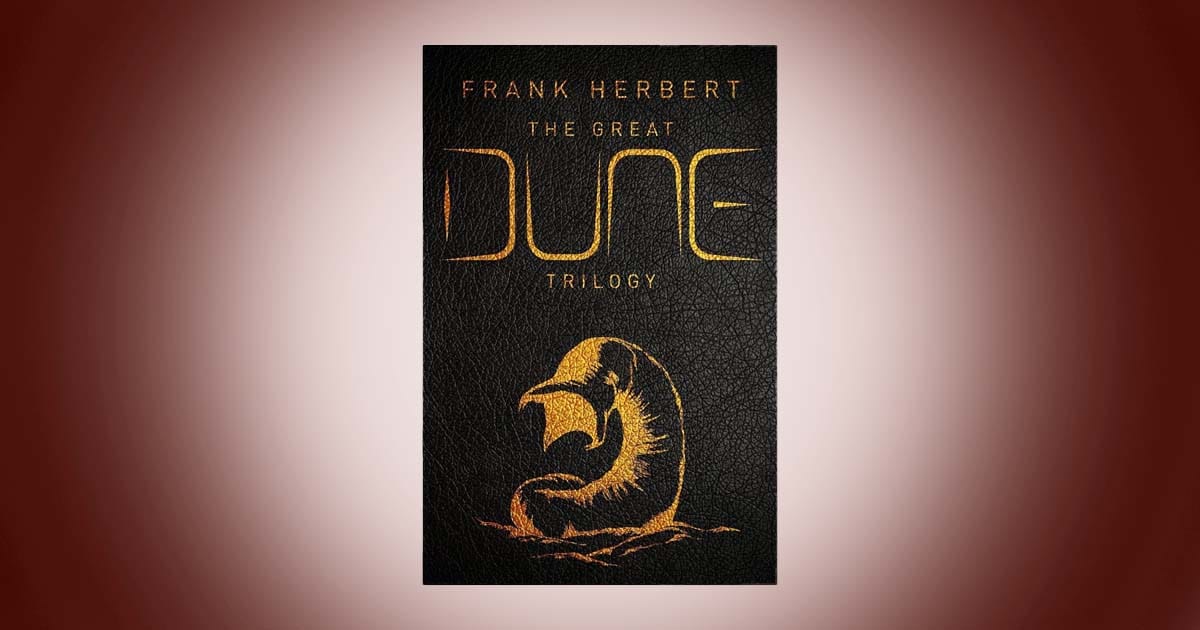
"The Great Dune Trilogy" gathers Frank Herbert's vast desert empire into one volume. Across Dune, Dune Messiah, and Children of Dune, he built a future shaped by politics, ecology, and faith, where every choice ripples through generations.
Herbert's desert planet feels both alien and ancient, a mirror for ambition and survival. This handsome hardcover collects the saga that proved science fiction could carry the weight of myth.
The War of the Worlds by H.G. Wells
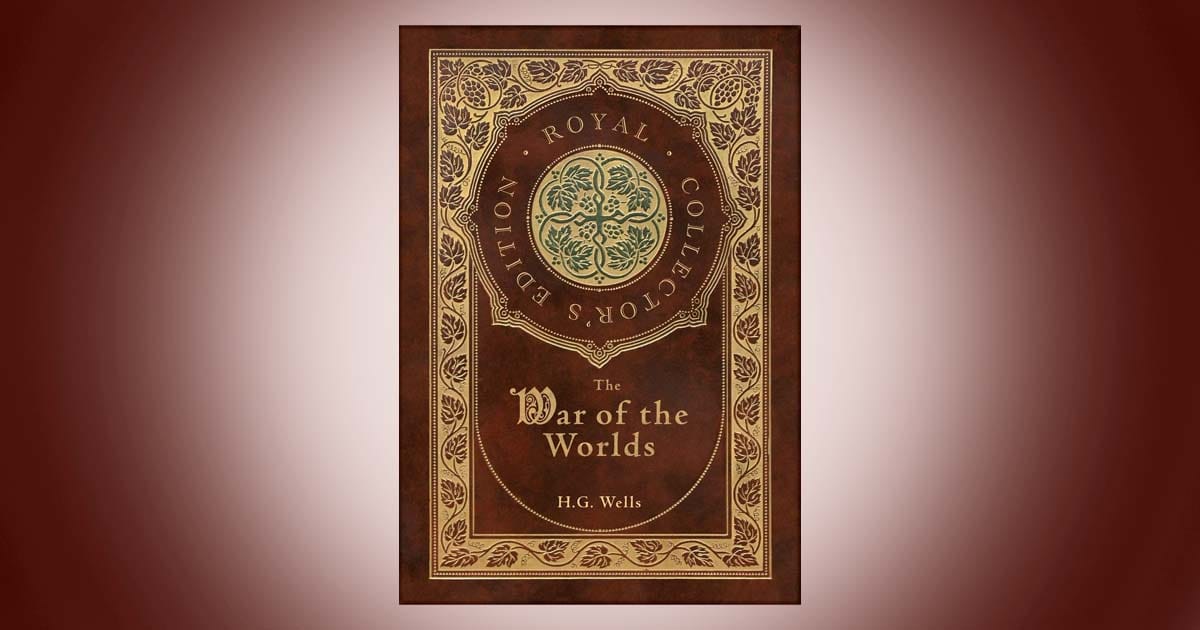
"The War of the Worlds" turned the telescope into a mirror. H. G. Wells imagined a Martian invasion with such calm precision that readers felt the ground shake beneath them.
His Martians were not monsters but scientists, driven by need and logic rather than malice. The story's quiet ending reminds us that nature itself can humble any conqueror. This Royal Collector's Edition captures the terror and wonder of the first great alien war.
Stranger in a Strange Land by Robert A. Heinlein

"Stranger in a Strange Land" asks what it means to be human by imagining a man who is not. Raised by Martians and returned to Earth, Valentine Michael Smith views our civilization with the wonder and confusion of an alien visitor. Robert A. Heinlein used his story to question every human certainty, from faith to custom. This Penguin Galaxy edition presents his most provocative work in a design worthy of its legend.
The Left Hand of Darkness by Ursula K. Le Guin

"The Left Hand of Darkness" is a story of understanding across distance. Ursula K. Le Guin sent a lone emissary to the frozen planet of Winter, where survival depends on trust and perception.
Through his mission, she explored loyalty, communication, and the meeting of two minds separated by experience. This Penguin Galaxy edition presents Le Guin's finest work with the respect due to one of the most thoughtful voices in science fiction.
Twenty Thousand Leagues Under the Seas
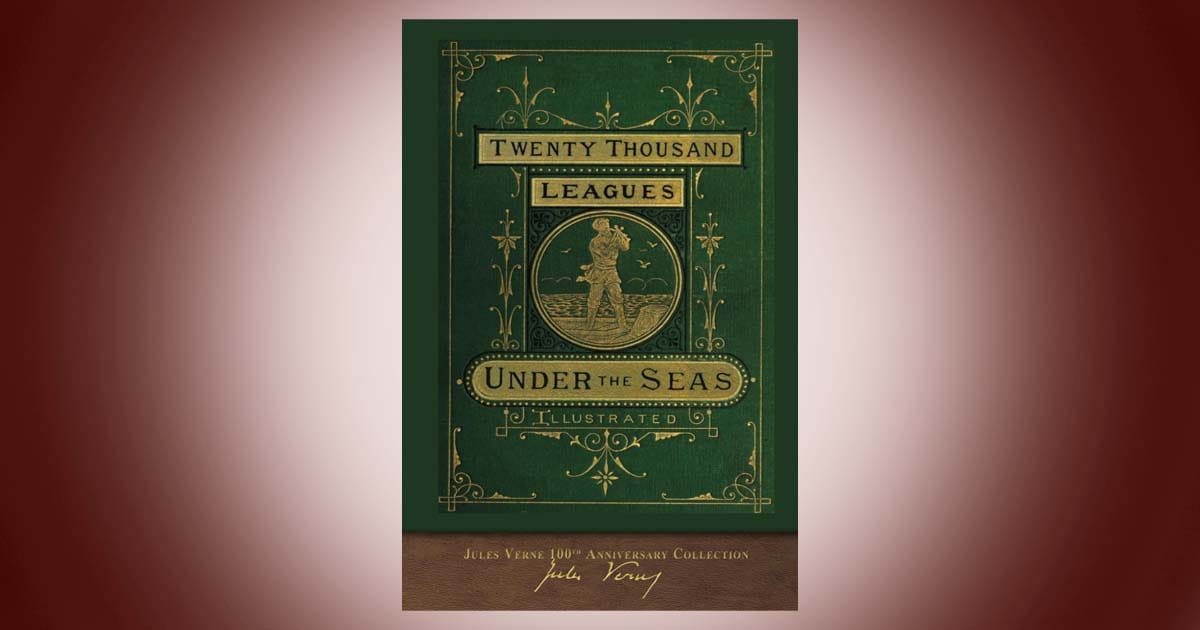
"Twenty Thousand Leagues Under the Seas" captures the thrill of exploration before exploration was possible. Jules Verne imagined the ocean as a frontier of discovery and the submarine as its vessel of wonder.
Captain Nemo's voyage aboard the Nautilus still feels bold and immediate, a blend of adventure and invention. This 100th Anniversary Collection restores the original illustrations and spirit that made Verne the great engineer of the imagination.
Childhood's End by Sir Arthur C. Clarke
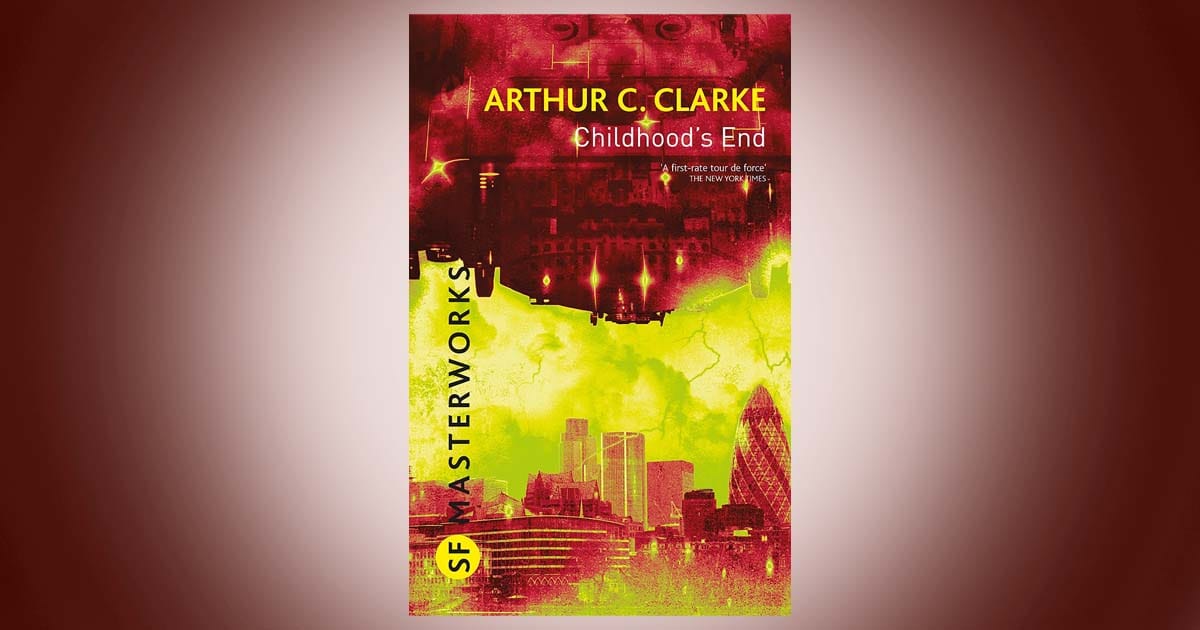
"Childhood’s End" is one of Arthur C. Clarke's most haunting visions of humanity's future. When benevolent visitors arrive to guide mankind, their help comes with a price that few can comprehend.
Clarke's calm prose makes the transformation of the human race feel both inevitable and tragic. This SF Masterworks edition preserves a story that asks whether progress must always mean the end of what we are.
Solaris by Glynn Owen Barrass
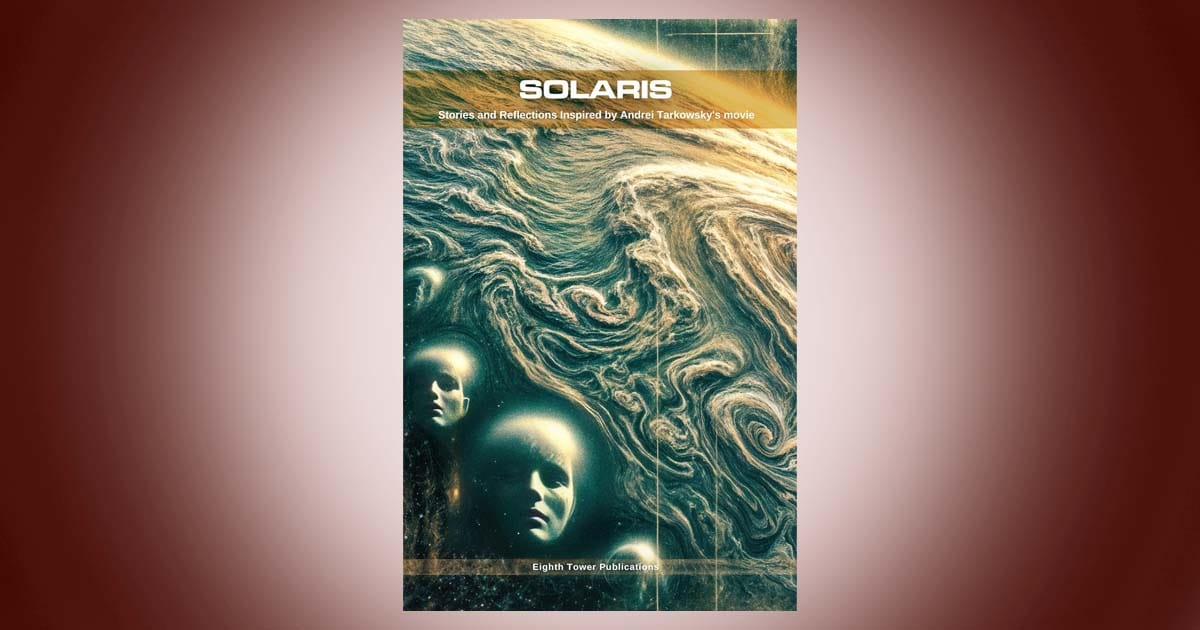
"Solaris" has long stood as a mirror for the mind. This new anthology honors Andrei Tarkovsky's film and Stanislaw Lem's original vision through stories that revisit its central mystery.
The writers explore memory, love, and the limits of perception in the shadow of a living ocean that reflects human thought. Together, they extend a conversation that began decades ago, asking again what truly waits within the unknown.
The Stars My Destination by D. Harlan Wilson

"The Stars My Destination" burns with the energy of invention. Alfred Bester imagined a future where men could travel by thought and where power belonged to those bold enough to use it.
His story follows Gully Foyle, a forgotten man who becomes the engine of his own revenge. The novel's speed and fury still feel modern, proving that imagination can move faster than any machine.
A Canticle for Leibowitz By Walter M. Miller
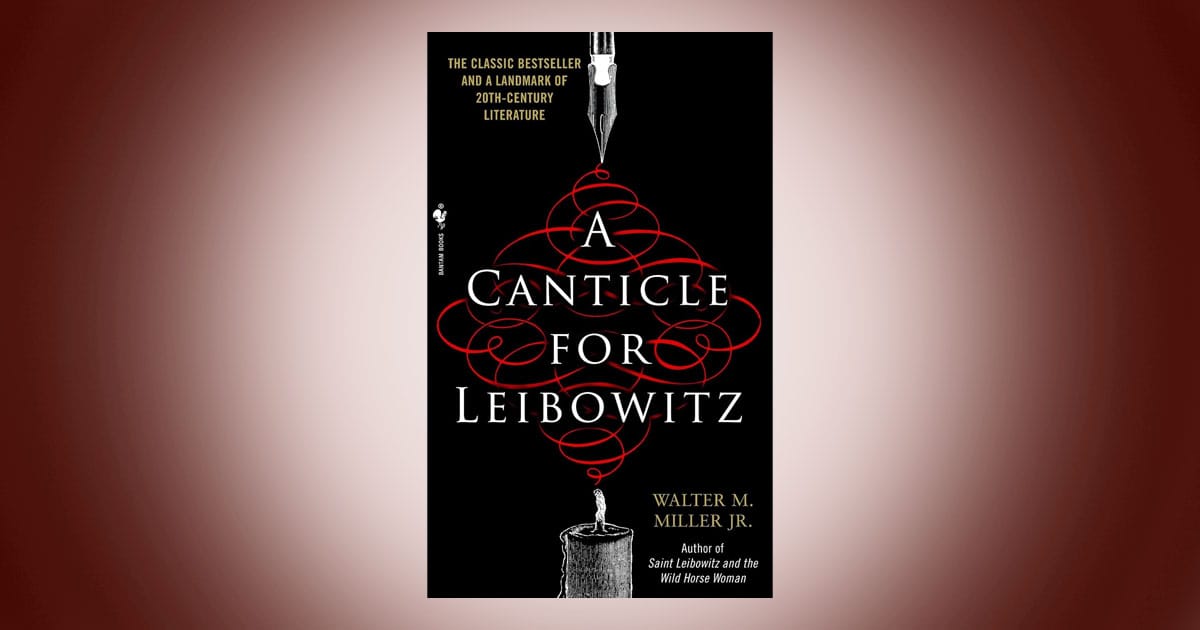
"A Canticle for Leibowitz" carries the light of knowledge through the darkness of a ruined world. Walter M. Miller Jr. imagined monks preserving the fragments of civilization after nuclear fire, copying blueprints as if they were sacred texts. Across centuries, his story moves from faith to folly and back again. It reminds the reader that memory is fragile, yet the hunger to understand endures beyond every fall.
The Martian Chronicles by Ray Bradbury
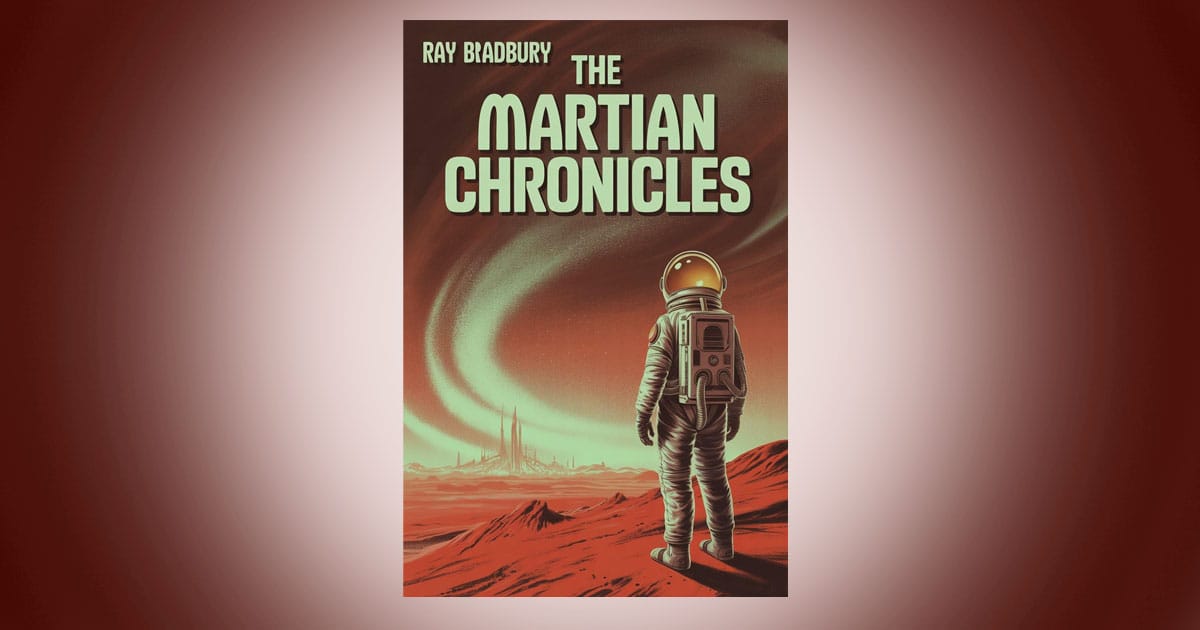
"The Martian Chronicles" turns Mars into a mirror for Earth. Ray Bradbury used the red planet to tell stories of longing, hope, and quiet regret.
His linked tales move between wonder and warning, showing how humanity carries both creation and destruction wherever it goes. The beauty of Bradbury's prose lies in its stillness. He wrote not about rockets but about the hearts that built them.

